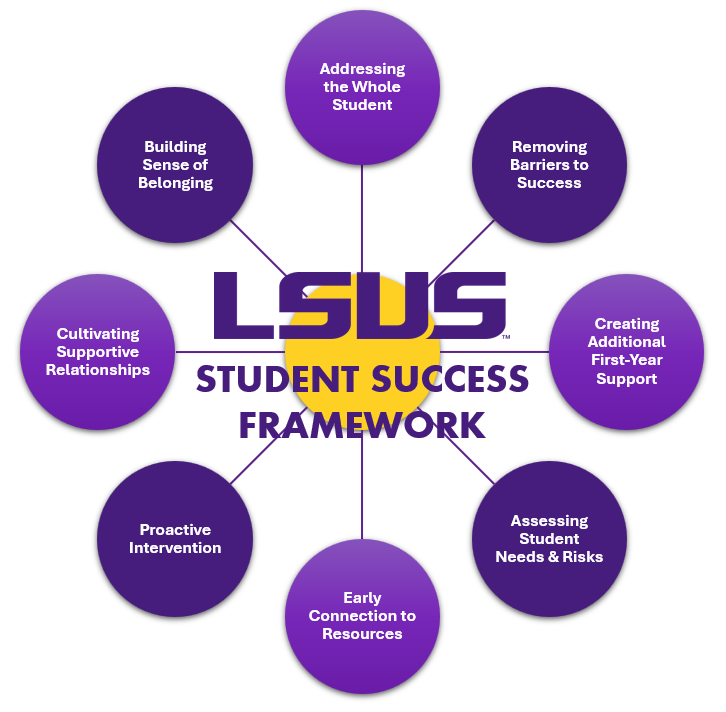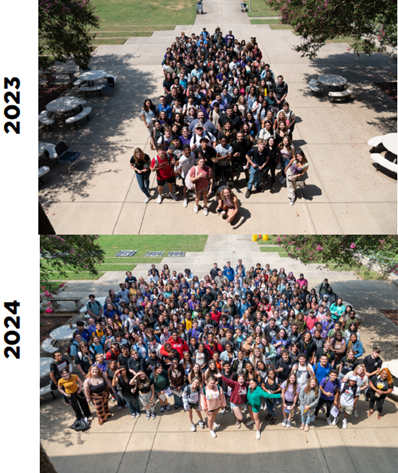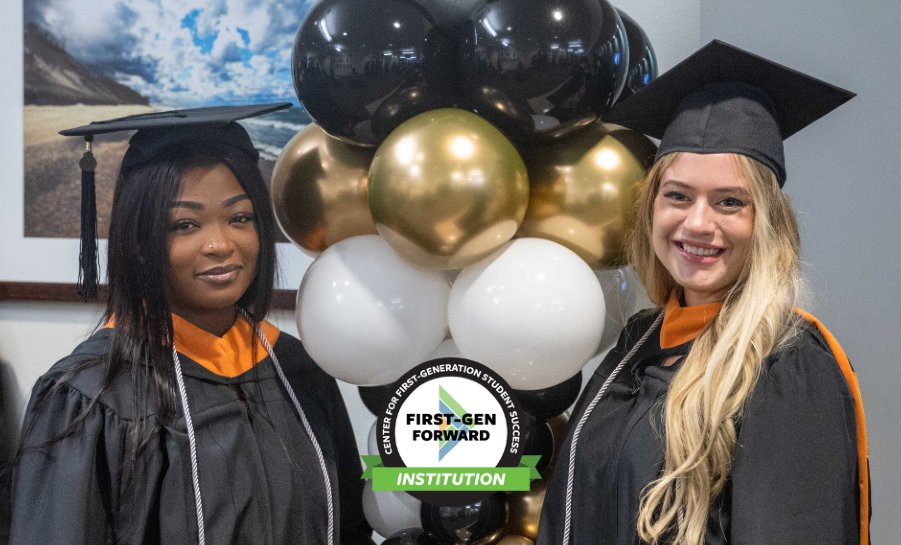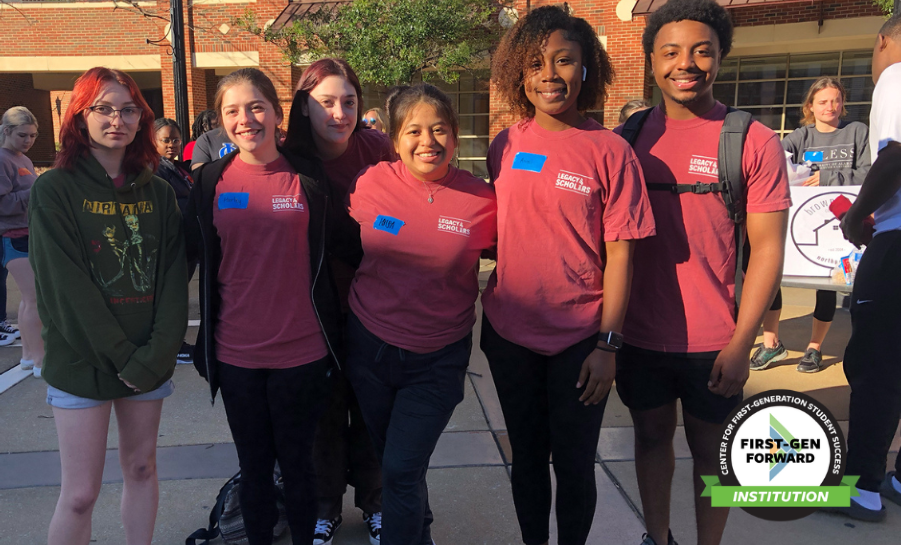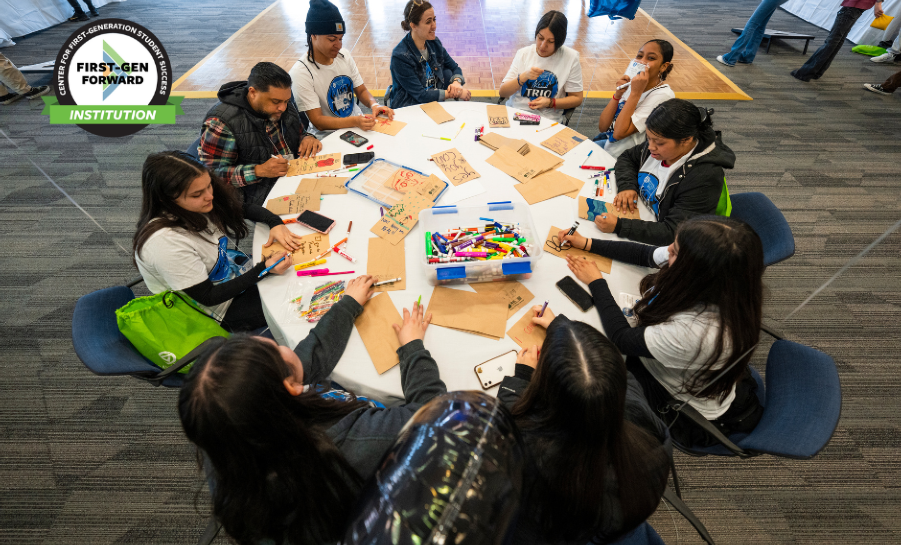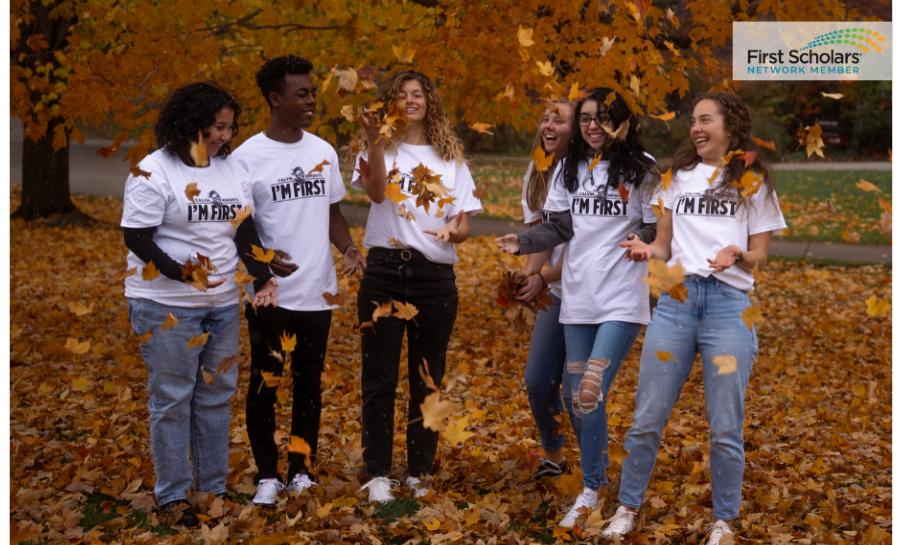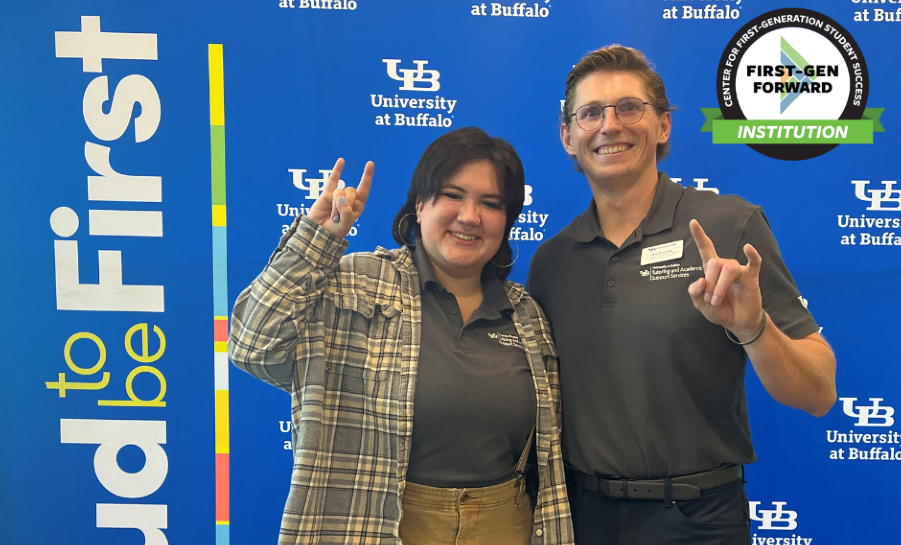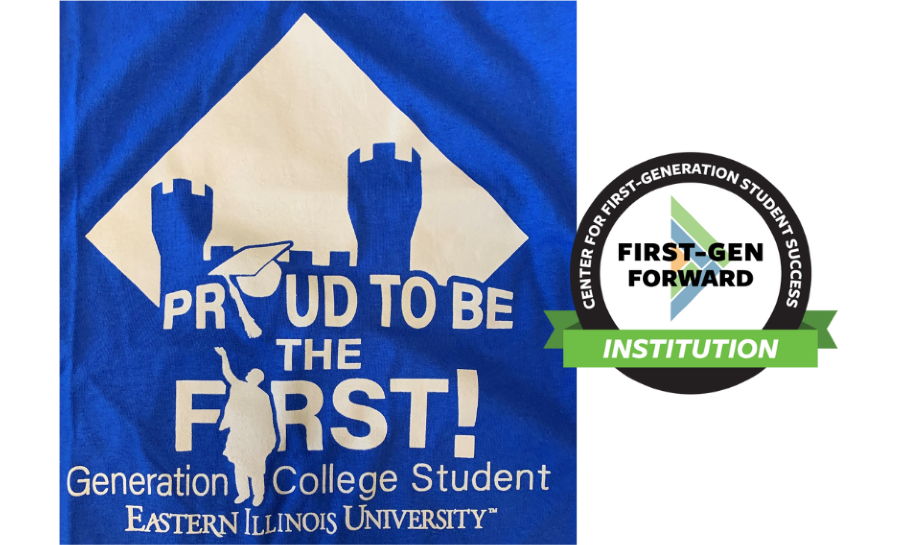Elevating First-Generation Students: A New Era of Support and Success at LSUS
Angie Pellerin, Louisiana State University Shreveport / FirstGen Forward / November 26, 2024
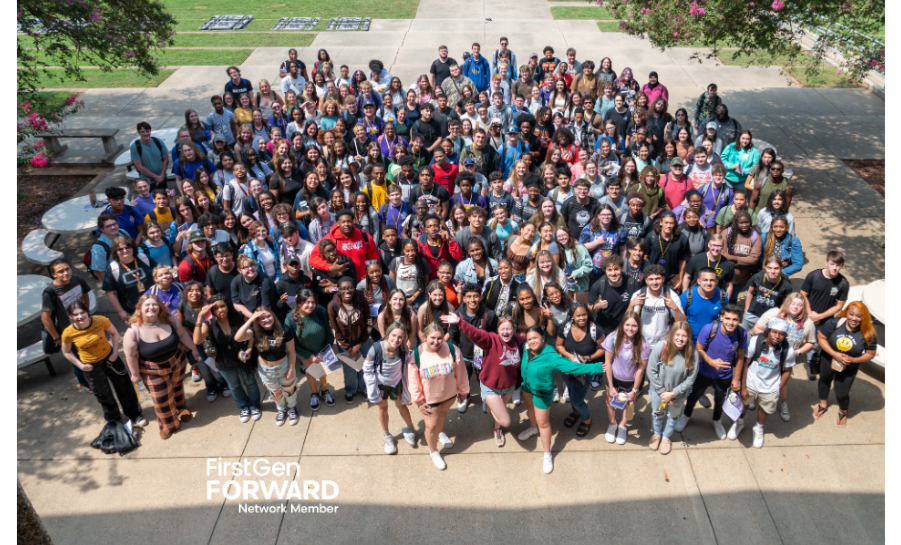
Louisiana State University Shreveport (LSUS) is a public regional comprehensive four-year university located in the northwestern part of the state. While LSUS has a global reach with a large online graduate population, our face-to-face undergraduate students primarily commute from within a 70-mile radius. The Shreveport region faces extensive economic challenges, with a poverty rate of 24.5% – considerably higher than the state (18.9%) and national (12.5%) averages (U.S. Census Bureau, 2023). This context significantly shapes the needs of our student population, a substantial portion of whom are first-generation college students (approximately 50% of our first-year class), driving our goals for enhancing pathways for student persistence and success. Our dedication to this mission is exemplified by LSUS's recent recognition as the top institution in Louisiana and among the top 20% nationally for improving the economic mobility of our graduates (Third Way, 2023).
In response to the evolving needs of our increasingly diverse student population, and acknowledging the specific challenges faced by first-generation students, we apply W. Edwards Deming's principle: "Every system is perfectly designed to get the results it gets." This perspective guides our ongoing evaluation and refinement of institutional systems and processes to ensure they meet the diverse needs of our students and promote equitable access and success for all students.
Since 2022, we have implemented a comprehensive overhaul of our first-year experience, prioritizing:
• Sense of Belonging: Cultivating a welcoming and inclusive campus community.
• Individualized Support: Providing tailored assessments and supportive relationships.
• Growth Mindset: Fostering a belief in students' potential to learn, grow, and overcome obstacles.
• Empowering Help-Seeking: Promoting a culture where seeking help is seen as a proactive and essential step towards success.
• Data-Informed Programs: Utilizing data to inform and enhance our strategies.
• Unveiling the Hidden Curriculum: Explicitly addressing unwritten rules and navigating campus systems.
A key innovation is our new integrated Student Success Framework, which centers on relationship-rich holistic support structures. A critical component is a peer-driven model focusing on:
• Risk Assessment: First-Year Peer Leaders, who receive comprehensive training, actively interpret assessment results to identify students’ academic motivations, coping abilities, personal challenges, and receptiveness to support.
• Success Planning: Developing tailored plans collaboratively with the student to address individual needs.
• Proactive Intervention: Implementing early support measures and interventions at critical junctures (e.g., after 4-week and midterm grades).
• Timely Recovery: A second-semester program designed to prevent academic probation, targeting students who underperformed during their first semester, offering structured peer support, academic coaching, and campus referrals.
Figure 1: Integrated holistic student success framework
The results of this integrated approach have been remarkable – an 8.4% increase in first-to-second-year retention (from 62.5% to 70.9%), a reduction in academic probation rates, and an increase in student engagement. Beyond the numbers and more importantly, students have responded positively to the integrated support applied through the framework, highlighting its significance in their overall experience:
Student Quote 1: One thing that I would not change is the institution's emphasis on getting help whether it's tutoring, counseling, joining activities, etc. I like that the campus really tries to make students feel at home and welcomed and to try and get them to do things that they would previously be too scared to ask for such as asking for help, whether it’s for a class or just mentally. (LSUS, 2023 NSSE)
Student Quote 2: The SSC, they have been very respectful and helpful with my views and always find a way to help me. They have helped me with tutoring, they have helped me mentally, and they have helped me regarding fears with academics. They are an amazing group of people that are always willing to help in any way they can. (LSUS, 2023 NSSE)
Our recent success illustrates the effectiveness of a holistic approach that empowers students to take ownership of their academic journeys while fostering a sense of belonging and resilience. By normalizing the challenges students face and promoting help-seeking behaviors, we are cultivating a more equitable and effective learning environment for all, particularly for our valuable first-generation population. These initiatives, combined with increased visibility and recognition for first-generation students – such as establishing a chapter of Tri-Alpha National Honor Society for First Generation College Students, supporting the creation of the First Gen Leaders student group, offering numerous scholarships dedicated to first-generation students, and our Chancellor and other campus leaders openly sharing their own first-generation experiences – underscore LSUS's commitment to transforming lives and investing in the futures of our first-generation students.
Figure 2: Class photo following First-Year Convocation, highlighting increase in student engagement
References
Louisiana State University Shreveport. (2023). National Survey on Student Engagement (NSSE).
Third Way. (2023, November 14). 2023 Economic Mobility Index. https://www.thirdway.org/report/2023-economic-mobility-index
United States Census Bureau. (2023). 2023 American Community Survey 1-Year Estimates. https://data.census.gov/table?q=poverty
